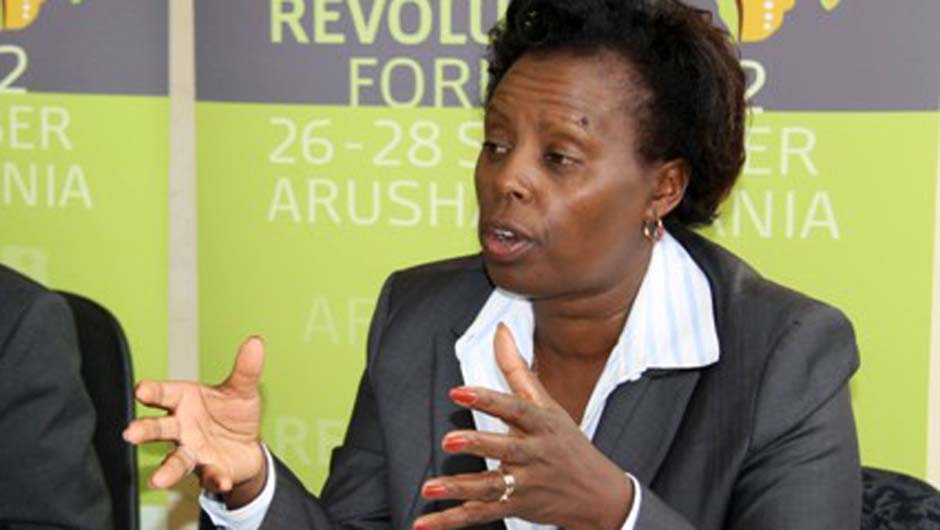
Africa Forges New Trade Pathways to Bolster Food Security
East Africa: Building Infrastructure and Confidence
The Food Security Monitor (61st Edition, August 2025) doesn’t just warn of a hunger crisis — it also points to bold trade measures being rolled out across Africa. From Ethiopia’s $2.5B fertilizer investment to Tanzania’s new logistics hub, Malawi’s maize imports, and Nigeria–Benin’s $4B cooperation deal, these interventions show how trade is becoming the frontline of Africa’s food security strategy.
The East African region is spearheading reforms and infrastructure investments to reduce trade barriers and unlock growth. The East African Community (EAC) introduced a regional customs guarantee bond that replaces multiple national bonds with a single cross-border system. This reform will reduce transaction costs, minimize border delays, and free up capital for traders, accelerating the flow of goods across member states.
In a major industrial development, Ethiopia, in partnership with Nigeria’s Dangote Group, has announced a US$2.5 billion fertilizer plant, set to be one of the largest in the world. Signed on 28 August 2025, this investment marks Ethiopia’s shift from importer to industrial producer, strengthening Africa’s capacity to feed itself through improved soil fertility and higher yields.
To further streamline commerce, the Tanzania Revenue Authority (TRA) launched 200 trade facilitation desks nationwide on 19 August 2025. These one-stop centres are designed to support traders, resolve bottlenecks, and promote entrepreneurship, while also collecting data and feedback to improve the overall business environment. Complementing this, Tanzania has also completed a US$110 million East Africa Commercial and Logistics Centre (EACLC) in Ubungo, Dar es Salaam. Covering 75,000 sqm with over 2,000 commercial units and warehousing facilities, the hub will strengthen trade flows for countries relying on the Dar Port, including Uganda, Rwanda, Burundi, Zambia, Malawi, Zimbabwe, and the DRC, reducing costs and delays across borders.
Southern Africa: Balancing Supply and Protection
Southern Africa is grappling with food price volatility but also moving strategically to balance protectionism with supply stabilization. Despite production shortfalls, Zimbabwe has reinstated its ban on maize imports, aiming to protect local producers and preserve domestic price gains. Meanwhile, strong harvests in South Africa and Zambia are reshaping regional grain trade, creating a dynamic market landscape. In contrast, Malawi’s ADMARC has announced plans to import 200,000 MT of maize to replenish national reserves and stabilize markets. This intervention comes at a time when domestic prices are soaring, threatening food affordability for millions.
West Africa: Towards Deeper Regional Integration
West Africa is moving toward economic integration that could redefine intra-African trade. In August, Nigeria and Benin signed a landmark Framework for Enhanced Economic Cooperation, projected to unlock over US$4 billion in annual trade. Beyond bilateral trade, this agreement signals a push toward regional market unification, strengthening West Africa’s role in continental supply chains.
Why These Developments Matter
These trade initiatives underscore an important shift: food security and trade resilience are inseparable. By investing in infrastructure, Africa reduces logistical bottlenecks that inflate food prices. By building industrial capacity, like Ethiopia’s fertilizer plant, the continent reduces import dependence. By pursuing regional integration, Africa positions itself to leverage economies of scale and mitigate local shocks.
The Road Ahead
The August 2025 updates reveal a continent not passively waiting for external aid but actively reshaping its food systems through policy reform, strategic investment, and regional cooperation. As hunger numbers rise, these trade measures are not just economic adjustments — they are lifelines that could determine whether millions of Africans face famine or food security in the years ahead.
Source: Food Security Monitor, 61st Edition, August 2025. AGRA, supported by FCDO.
